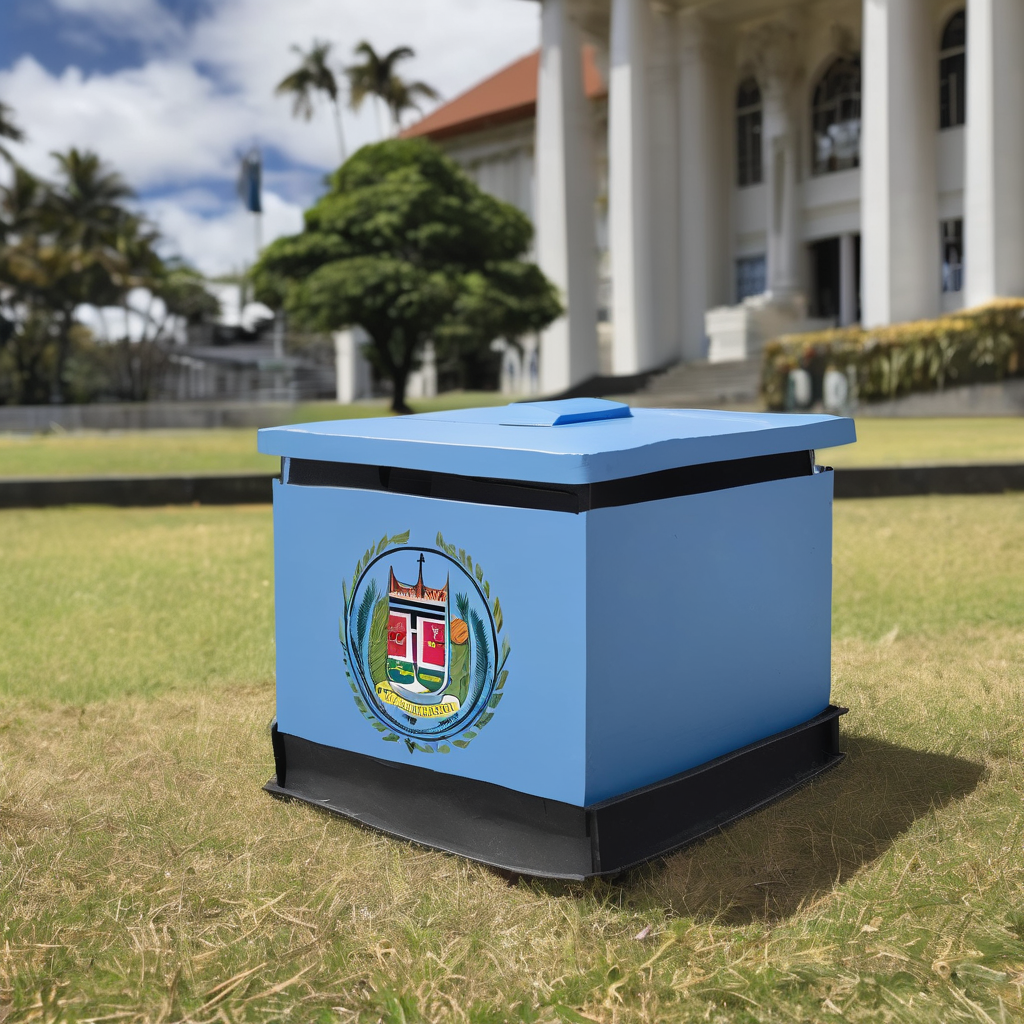The Consolidated Review Report on the 2022 General Elections Joint Report has introduced a proposal encouraging the implementation of a gender quota for political party candidates in Fiji, aimed at promoting greater inclusion of women in future elections. This recommendation was presented in Parliament by Assistant Minister for Home Affairs Ratu Rakuita Vakalalabure during a session on Thursday.
During his presentation, Ratu Vakalalabure stated that the proposal is one of several significant findings from the Standing Committee on Justice, Law and Human Rights. The committee’s review included 20 recommendations from the Multinational Observer Group (MOG) as well as insights from the Electoral Commission (EC) and the Fijian Elections Office (FEO), all of which were refined for potential integration into electoral law adjustments.
Among the report’s concerns, there was noted apprehension regarding the FEO’s declaration document, which could potentially be “weaponized” by a winning party. Additionally, the committee discussed the controversial notion of eliminating the cap on political donations, raising questions about the potential impact on the independence of governing parties. They also reinforced the need for early public notification of election dates, emphasizing the Electoral Commission’s decision to phase out the mobile election results app in favor of a traditional media center approach. Furthermore, with the recent repeal of the Media Industry Development Act (MIDA), the report called for a new framework that would ensure equitable media access during elections.
The promotion of a gender quota aligns with past initiatives advocating for enhanced representation of women in Fijian politics. Similar previous discussions proposed a mandatory 30 percent quota for female candidates, reflecting a broader commitment among civil society organizations to dismantle systemic barriers that hinder women’s participation in politics. Advocacy groups like the Fiji Women’s Rights Movement have been driving this movement, noting the alarming decline in female candidates from 24 percent in 2018 to just 18 percent in the last general elections.
As this conversation progresses, there is a renewed sense of hope that the proposed gender quota, alongside structural electoral reforms, can lead to a more balanced political environment in Fiji. Such measures not only aim to empower women but also to enrich the political discourse, ensuring that the governance is more representative of the diverse demographic. Ultimately, this initiative reflects a positive progression toward creating a political landscape that values the contributions of all citizens, fostering a democracy that truly reflects the aspirations and needs of its populace.
